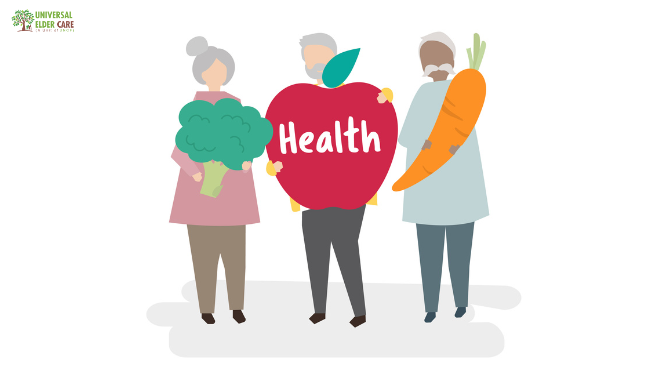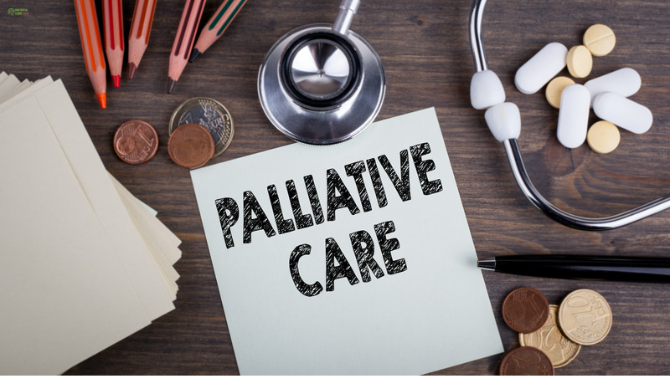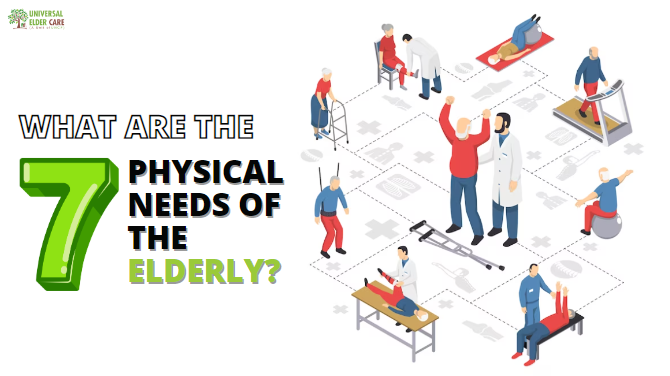The importance of nutrition in elder care

As we age, our nutritional needs change, and it becomes increasingly important to ensure that seniors receive adequate nutrition to maintain their health and well-being. In elder care, nutrition plays a crucial role in promoting physical and mental health, improving cognitive function, and reducing the risk of chronic diseases.
Here are some reasons why nutrition is essential in elder care:
-
Maintaining a healthy weight - Proper nutrition can help seniors maintain a healthy weight, which is important for preventing chronic diseases such as heart disease, diabetes, and high blood pressure. A balanced diet that includes plenty of fruits, vegetables, whole grains, lean protein, and healthy fats can help seniors achieve and maintain a healthy weight.
-
Promoting physical health - Adequate nutrition is essential for promoting physical health in seniors. Eating a balanced diet can help improve bone health, maintain muscle mass, and boost energy levels, all of which contribute to overall physical well-being.
-
Supporting mental health - Good nutrition is also important for supporting mental health in seniors. Eating a diet rich in vitamins and minerals can help reduce the risk of depression, anxiety, and cognitive decline.
-
Reducing the risk of chronic diseases - Proper nutrition can help reduce the risk of chronic diseases such as heart disease, stroke, and diabetes, which are more common in older adults. A diet rich in fiber, fruits, and vegetables can help lower cholesterol levels and blood pressure, reducing the risk of these conditions.
-
Improving quality of life - Good nutrition is essential for improving the quality of life of seniors. Eating a healthy, balanced diet can help seniors feel better physically and mentally, improving their overall well-being and enjoyment of life.
In elder care, nutrition should be a priority, and healthcare providers should work with seniors and their families to ensure that they receive adequate nutrition.
Here are some tips for promoting good nutrition in elder care:
-
Encourage a balanced diet - Seniors should eat a diet that includes a variety of fruits, vegetables, whole grains, lean protein, and healthy fats.
-
Provide nutrient-dense foods - Seniors should consume nutrient-dense foods that provide essential vitamins and minerals, such as calcium and vitamin D for bone health, and vitamin B12 for cognitive function.
-
Monitor food intake - Healthcare providers should monitor seniors' food intake to ensure they are receiving adequate nutrition.
-
Consider dietary restrictions - Seniors with dietary restrictions or medical conditions may require a modified diet, and healthcare providers should work with them to develop a nutrition plan that meets their specific needs.
-
Encourage hydration - Seniors should drink plenty of water to prevent dehydration, which can lead to health complications.
Nutrition is an essential component of elder care. Adequate nutrition can promote physical and mental health, reduce the risk of chronic diseases, and improve the quality of life of seniors. Healthcare providers should work with seniors and their families to ensure they receive a balanced, nutrient-dense diet that meets their individual needs.




